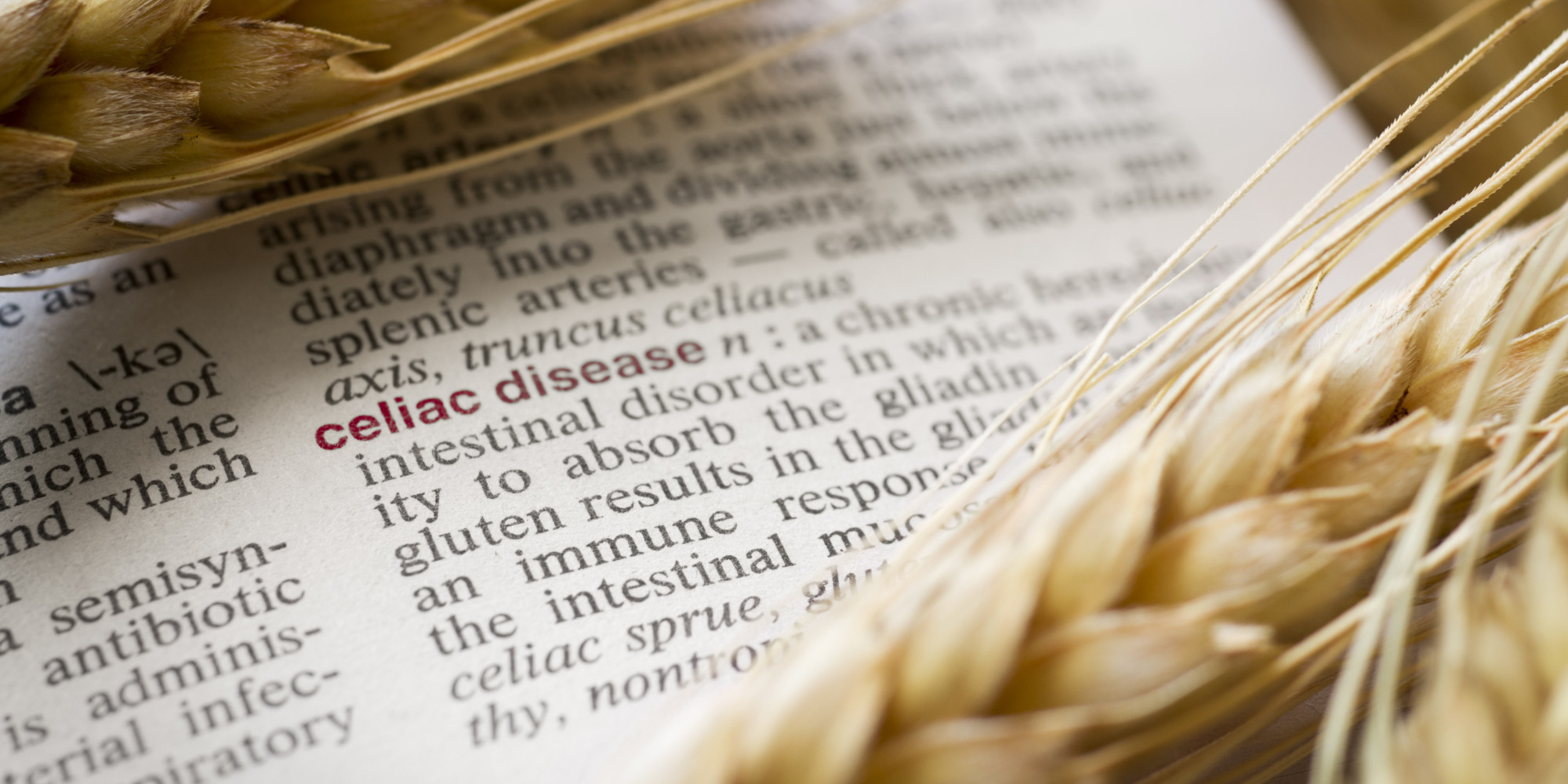In recent years, with food tolerance tests becoming easier to reach, you may have heard many people saying “I am allergic to gluten. Gluten makes me gain weight”. But what is the truth? Do gluten-free diets help you with losing weight? In regards to this, what is that thing called gluten? A lot of people do not even know what gluten is when doing gluten-free diets.
Gluten is a kind of protein found in barley, oats, and wheat.
The most efficient researches about gluten-free diets are done on celiac disease patients. Celiac disease is an autoimmune disease that causes gluten to harm the small intestine. It is a disease seen in one in a hundred. When celiac patients consume gluten the small intestine is harmed and unable to absorb the nutrients out of foods properly. This causes the immune system to fail in time.

A research done in the United Kingdom in 2013 shows that 69% percent of the underweight people with celiac disease gained weight only after they were “diagnosed with the Celiac Disease”. It has been observed that 18% of the overweight and 42% of the obese people with celiac disease lost weight after they were diagnosed with the disease. However, another study was done in 2006 in the United Kingdom; the study shows that 81% of the people who were diagnosed with celiac disease gained weight. There are many inconsistencies in the studies that have been done. Therefore, speaking with any certainty is not possible. We can definitively say that a gluten-free diet does not guarantee weight loss. A gluten-free diet may cause you to lose weight, it may keep you the same, or it may cause you to gain weight…

Gluten-free diet does not mean low-calorie diet.
If it did, all the people with celiac disease would have no problems with their weight. The amount of food you eat is as important as what you eat. If you start eating gluten-free but eat a large portion of cornbread every day, you do not lose weight.

Peter Gibson, who is known for his researches on gluten sensitivity claims that the cause of the problem may not be gluten. But, it may be the pesticide used on wheat; glyphosate. According to the World Health Organization (WHO), glyphosate may cause depression, diabetes, celiac disease, and gluten sensitivity in addition to its possible cancerogenic effects. The most healthy way, of course, is to never use these types of chemicals in agriculture.












